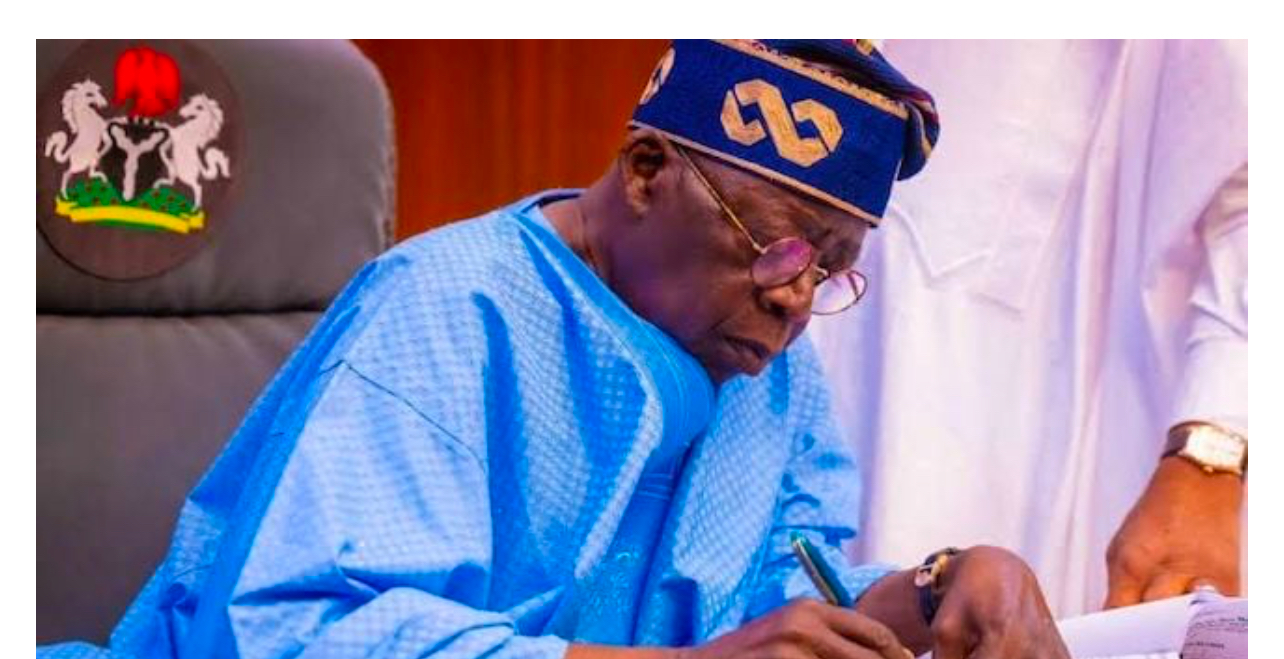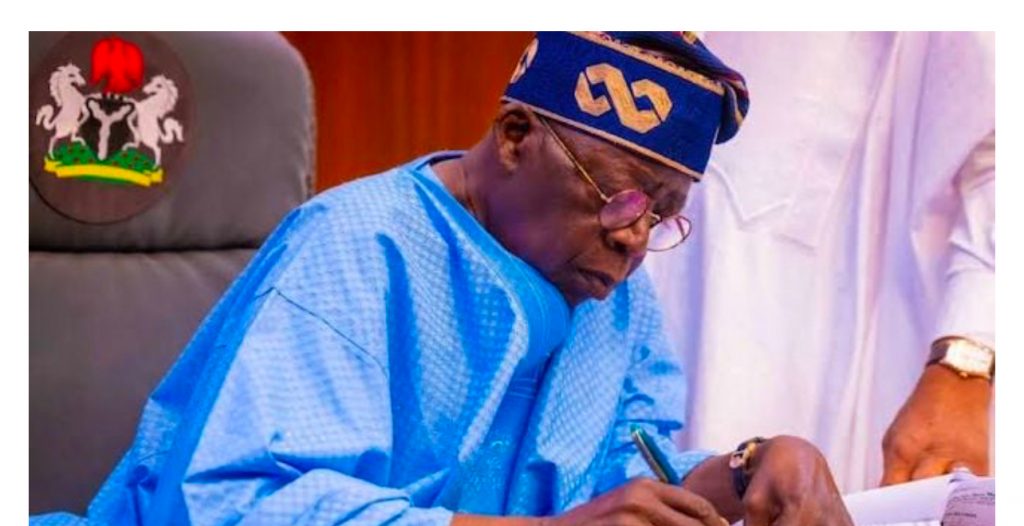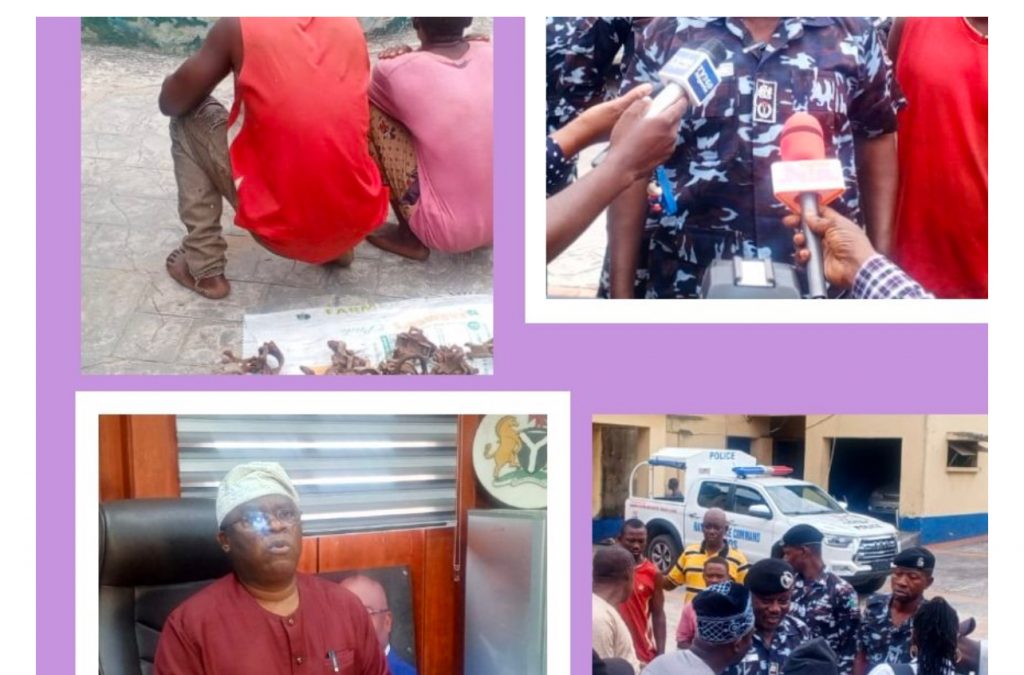
Warri- Itakpe train derailment: Police parade arrested suspects … this act of vandalism is an economic sabotage – CP Kwaimo
…… Railway properties are critical national assets and not scraps, we are going to deploy technology for rail tracks monitoring – Opeifa
The Railway Command of the Nigeria Police Force today Friday 7th November 2025 at it’s headquarters in Ebute Metta, Lagos, paraded the two suspects arrested in connection with the derailment of the Warri Itakpe train service on Sunday 1st of November 2025.
Speaking to newsmen, the Commissioner of Police Nigeria Police Railway Command, CP Vungmoh S.M. Kwaimo, described the vandalism of train tracks as an act of economic sabotage which will be fought to a standstill. According to CP Kwaimo, the suspects, identified as Mudansuru Mutari (male, aged 27) and Blorie Kokori (aged 39), were apprehended around Kilometer 208 before Abraka, Delta State, on Tuesday, November 4, 2025, by operatives of the NRC Police Command in collaboration with local security agents.
CP Kwaimo described the arrest as a breakthrough in the fight against train tracks vandalism in the Agbor Abraka axis. According to him, “We are going all out against the vandals because we have a responsibility to ensure safety of life and property in line with section 4 of the Police Act”.
According to the CP, preliminary investigations and their confessional statements revealed their direct involvement in tampering with vital components of the rail track. He said, “We will pursue this case to see that justice is served”. He also promised to go after the sponsors, some of whom have been identified in Lagos and Agbor.
The CP used the occasion to inform the public that the number of policemen attached to each coach in the operations of the Nigerian Railway is to be increased. He expressed gratitude to President Bola Tinubu, the Inspector General of police and the management team of the NRC for their support and zero tolerance for railway vandalism.
CP Vungmoh Kwaimo at the parade of the suspects was flanked by his officers and men which included DCP Yahaya Mana DC (CID), DCP Toyin O. Sulyman DC (OPS), ACP Ibrahim Audu AC (OPS), among others.
In a similar vein, the president general of the Nigerian Union of Railwaymen comrade Innocent Luka Ajiji who led members of his executive to the parade of the suspects, was full of praise for the new leadership of the Nigerian Railway police command under CP Kwaimo Vungmoh for their tireless efforts in the fight against rail tracks vandalism, just as he commended the management of NRC led by Dr Kayode Opeifa for the reinvigoration and turn around of the Nigerian Railway Corporation and railway men for their commitment to their duty even in the face of challenges and setbacks caused by train tracks vandalism.
Similarly, the managing director and chief executive officer of the NRC Dr Kayode Opeifa while speaking to newsmen in his office, called on states governments to show concern to take ownership of the railway tracks that passes through their states through the provision of infrastructures like motorable roads to the train stations.
Comrade Opeifa reiterated his warning that railway properties are critical national assets and not scraps, and warned vandals and their sponsors to stay away or face the full weight of the law. According to the NRC helmsman, “Railway properties are national assets, stay away, we are changing strategies to secure train tracks, We are deploying technology and the use of local communities to safe guard our train tracks”.
According to Dr Opeifa, “We are prosecuting many arrested vandals of train tracks and will not stop, unless they stay away from our national assets”.
Dr. Opeifa emphasized that the NRC under his leadership remains focused on President Bola Tinubu administration Renewed Hope Agenda and will not compromise in the provision of efficient service delivery and safety of it’s passengers whose comfort is non negotiable.
He identified funding as a major challenge in the operations of the NRC, but noted that the support of states governments remains critical, to enhancing quality and efficient service delivery to the people.
Comrade Opeifa said that the corporation was in talks with the Rural Electrification Agency to provide electricity to the stations and trains tracks to about 500 meters to the train stations. He also called on the members of the national assembly to consider the Nigerian Railway Corporation (NRC) in their constituency projects.
Speaking on the derailed Warri Itakpe train of the 1st of November 2025, Dr Opeifa stated that only two coaches were affected as a result of the removed bolts and clips. He highlighted that over 300 bolts and clips were removed within the axis which caused the derailment, but that the re-railment was concluded within 24 hours, but due to the need to carry out necessary and diligent safety checks, the resumption of train services had to be put on hold temporarily and that train service has resumed on the corridor.
Comrade Opeifa used the occasion of the press briefing to appreciate and commend the commuting public whose loyalty, according to him, “Strengthened our resolve to remain committed and undeterred by the derailment setbacks”.
Post Views: 102

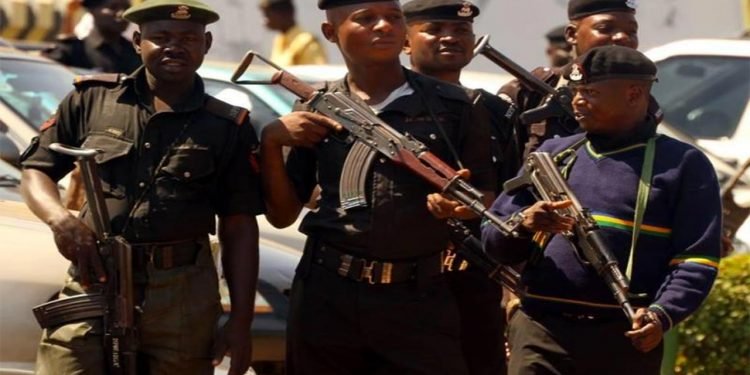

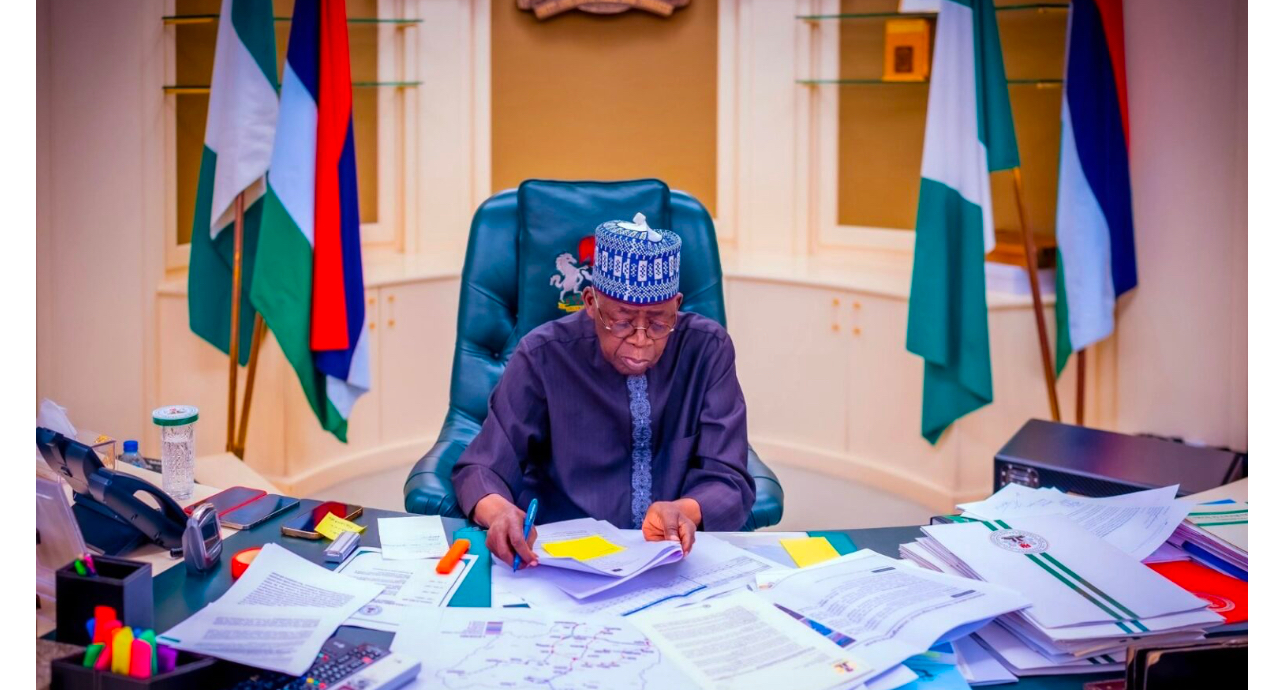
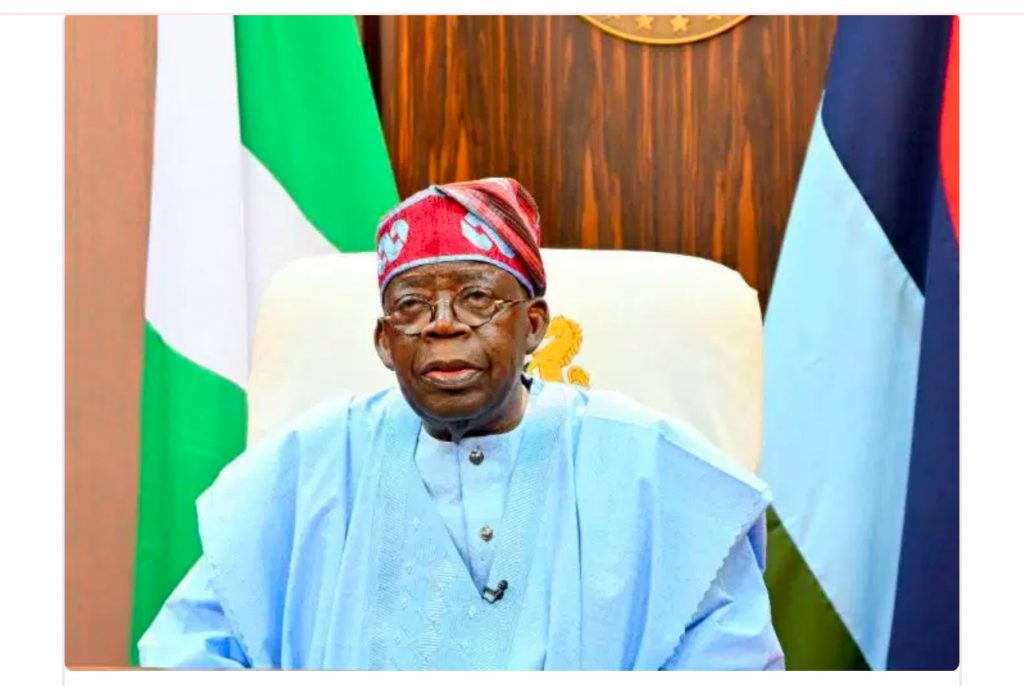 Disturbed by the state of training institutions for the Nigeria Police Force (NPF), Nigeria Security and Civil Defence Corps (NSCDC) and other internal security agencies, President Bola Tinubu has declared emergency on the facilities.
Disturbed by the state of training institutions for the Nigeria Police Force (NPF), Nigeria Security and Civil Defence Corps (NSCDC) and other internal security agencies, President Bola Tinubu has declared emergency on the facilities. 
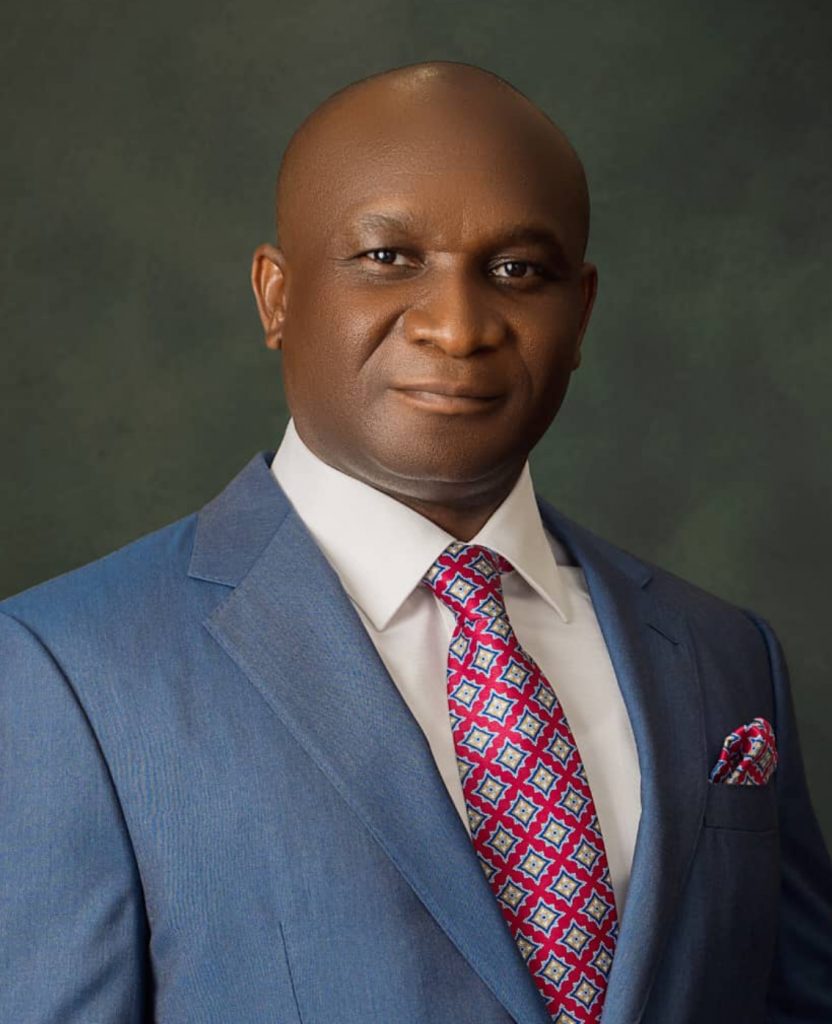 The Niger Delta Development Commission, NDDC, is hosting a two-day strategic meeting with commissioners, permanent secretaries, and directors of agriculture, fisheries & livestock in the nine Niger Delta states.
The Niger Delta Development Commission, NDDC, is hosting a two-day strategic meeting with commissioners, permanent secretaries, and directors of agriculture, fisheries & livestock in the nine Niger Delta states.